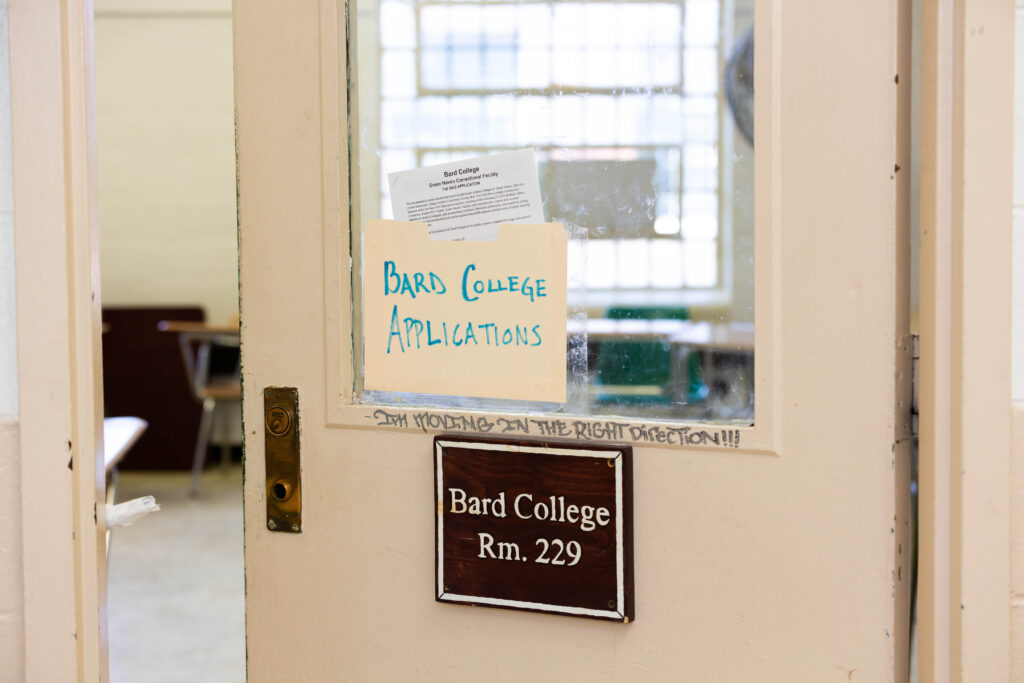As a collaborative program bringing the instructional resources of Wesleyan University to the maximum security Cheshire Correctional Institute in Connecticut enters its second semester, prison and higher education experts are seeing decreasing support for similar programs across the country.
“Whatever backing, which was never substantial to begin with, such programs might have once received, it is generally less today,” says Dr. Bob Roberts, the executive director of Project Return, which was once housed on the campus of Tulane University but ended its prison education program in Louisiana after the state withdrew funding.
“It’s unfortunate that this has become a national trend,” says Dr. Nancy Rogers, the associate vice president of academic affairs at Indiana State University, which offers two- and four-year degree programs for inmates at five correctional institutes in Indiana. “The studies we’ve seen from our state Department of Corrections show a significantly lower rate of recidivism among ex-inmates who have received a degree than with those who haven’t. So if the goal is reducing crime, obviously prison education programs have to be regarded as productive.”
But they are also regarded as expendable for many states entering the second fiscal year of a stubborn national recession.
“Prison education programs in California have greatly been victim to a larger corrections cost-cutting effort,” says Karen Humphrey, the executive director of the California Postsecondary Education Commission.



